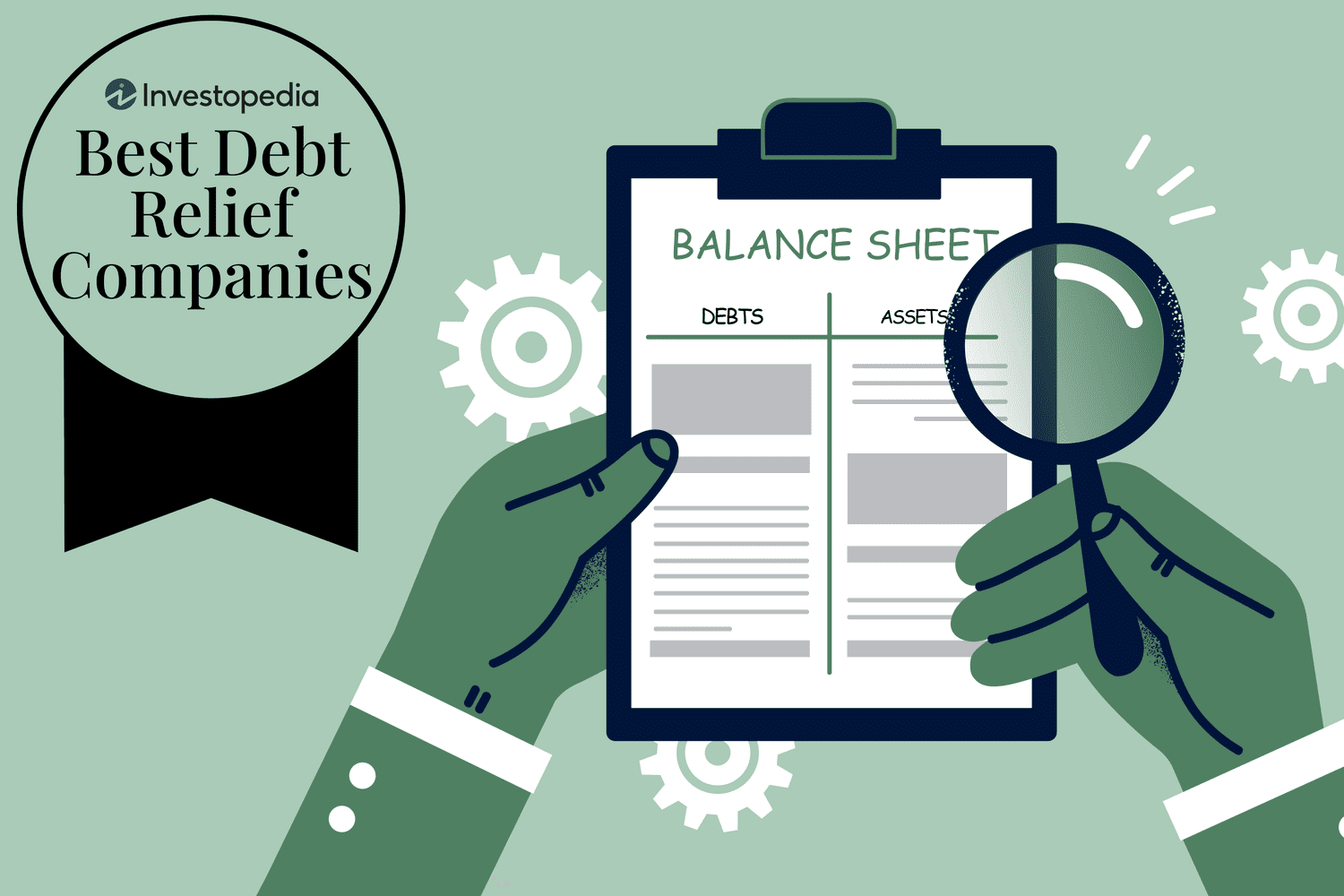In today’s hyper-connected world, the landscape of marketing has evolved dramatically, driven by advancements in technology and Agencia de diseño web en las palmas behaviors. Digital connection marketing has emerged as a powerful strategy that focuses on fostering genuine relationships between brands and consumers. This article delves into what digital connection marketing is, its significance, key strategies, and how businesses can leverage it for success.
Understanding Digital Connection Marketing
Digital connection marketing is an approach that prioritizes building meaningful relationships with customers through various digital channels. Unlike traditional marketing, which often relies on one-way communication and transactional interactions, connection marketing emphasizes two-way dialogue, engagement, and community-building. The goal is to create a loyal customer base that feels emotionally connected to the brand.
The Importance of Digital Connection Marketing
- Consumer Expectations: Today’s consumers expect brands to understand their needs, preferences, and values. They are looking for personalized experiences that resonate with them on a deeper level. Digital connection marketing helps brands meet these expectations by tailoring their messages and interactions.
- Trust and Loyalty: Establishing trust is crucial in a crowded marketplace. By engaging with customers authentically and transparently, brands can foster loyalty. Connection marketing allows businesses to showcase their values, ethics, and commitment to customer satisfaction, building long-term relationships.
- Enhanced Engagement: Digital platforms enable brands to engage with their audience in real-time. Through social media, email, and content marketing, brands can interact with customers, respond to their inquiries, and gather feedback. This level of engagement creates a sense of community and encourages brand advocacy.
- Data-Driven Insights: Digital connection marketing allows brands to gather valuable data about their customers’ behaviors, preferences, and demographics. Analyzing this data helps marketers refine their strategies, optimize campaigns, and deliver more relevant content.
Key Strategies for Digital Connection Marketing
- Personalization: Use data and analytics to personalize marketing messages. Tailor content, product recommendations, and communications based on individual customer preferences and behaviors.
- Engaging Content: Create compelling and valuable content that resonates with your audience. This includes blog posts, videos, infographics, and social media updates. Focus on storytelling that reflects the brand’s values and connects emotionally with consumers.
- Social Media Interaction: Utilize social media platforms to interact with customers directly. Respond to comments, participate in conversations, and share user-generated content. Building a strong social media presence enhances brand visibility and encourages community engagement.
- Email Marketing: Develop targeted email campaigns that provide valuable information, promotions, and personalized content. Segment your email list to ensure that recipients receive relevant messages tailored to their interests.
- Community Building: Create online communities or forums where customers can connect with each other and the brand. Encourage discussions, provide support, and share valuable resources. This fosters a sense of belonging and loyalty.
- Feedback Loops: Actively seek customer feedback through surveys, reviews, and social media interactions. Use this feedback to improve products and services, demonstrating to customers that their opinions matter.
Leveraging Technology for Connection Marketing
Technology plays a crucial role in implementing digital connection marketing strategies. Here are some tools and platforms that can enhance your efforts:
- Customer Relationship Management (CRM) Systems: Use CRM software to manage customer data, track interactions, and personalize communications.
- Social Media Management Tools: Platforms like Hootsuite or Buffer help manage multiple social media accounts, schedule posts, and analyze engagement metrics.
- Email Marketing Software: Services like Mailchimp or Constant Contact enable businesses to design and automate personalized email campaigns.
- Analytics Tools: Utilize tools like Google Analytics or social media insights to track user behavior, measure engagement, and optimize marketing strategies.
Conclusion
Digital connection marketing represents a fundamental shift in how brands interact with consumers. By prioritizing relationships over transactions, businesses can build trust, foster loyalty, and create a community around their brand. In a world where consumers are seeking meaningful connections, adopting a digital connection marketing strategy is not just an option; it’s a necessity for sustainable growth and success. As technology continues to evolve, those brands that prioritize authentic connections will stand out in the marketplace, ensuring long-lasting relationships with their customers.
